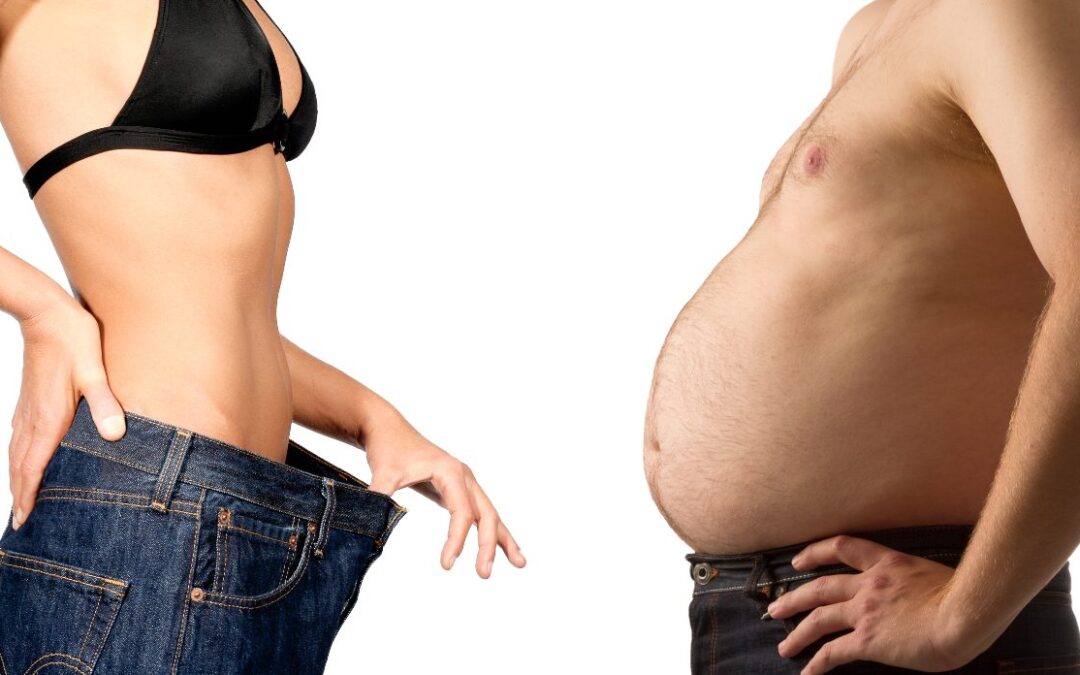*Some of the most commonly provided services at Innova | | |
*Established Patient Office Visit Level 3 | | |
*Established Patient Office Visit Level 4 | | |
*Injection in deep muscle or subcutis | | |
*Medical Service provided on holiday eve, holiday or weekend | | |
*Chronic Care Management (Medicare program) | | |
*Established Patient Preventive Care for Age 18 - 39 years old | | |
*Established Patient Preventive Care for Age 40-64 years old | | |
| | |
*Immunization injection administered | | |
*Steroid (Injectable) Medication | | |
Treatment of used to clear a skin lesion of pus to start the healing process | | |
Treatment of used to clear a skin lesion of pus to start the healing process | | |
Procedure where a small round piece of tissue is sent to the lab for biopsy | | |
Skin tag removal of 1 lesion | | |
Skin tag removal of more than 1 lesion | | |
Shave removal of skin lesion on midsection less than 0.5 cm | | |
Shave removal of skin lesion on midsection 0.6 cm to 1.0 cm | | |
Shave removal of skin lesion on midsection 1.0 to 1.2 cm | | |
Shaving of epidermal or dermal lesion, single lesion, scalp, neck, hands, feet, genitalia | | |
Shave removal of a single lesion, scalp, neck, hands, feet, genitalia | | |
Shave removal of a single lesion, face, ears, eyelids, nose, lips less than 0.5 cm | | |
Shave removal of a single lesion, face, ears, eyelids, nose, lips 0.6 cm to 1 cm | | |
Shave removal of a single lesion, face, ears, eyelids, nose, lips 1.0 cm to 2.0 cm | | |
Excision of benign (normal) lesion including margins 0.6 cm to 1 cm | | |
| | |
Removal of Implanted Device | | |
Wound or cut greater or equal to 2 cm | | |
Simple repair of superficial wounds of scalp, neck, axillae, external genitalia, trunk and/or extremities (including hands and feet) | | |
Other Repair (Closure) Procedures on the Integumentary System | | |
| | |
Removal of 2 to 14 skin lesions (1 additional unit for each) | | |
Removal of 15 or more skin lesions | | |
| | |
Removal of 1 to 14 skin lesions | | |
Destruction (laser surgery, electrosurgery, cryosurgery, chemosurgery, surgical curettement), of benign lesions other than skin tags | | |
Chemical Cauterization of Skin | | |
Cryo (freezing) treatment of skin | | |
Small joint or bursa injection | | |
Intermediate joint or bursa injection | | |
Marge joint or bursa injection | | |
Ablation, soft tissue of inferior turbinates, unilateral or bilateral, any method | | |
Incision Procedures on the Vulva, Perineum and Introitus | | |
| | |
Removal of unspecified object from eye | | |
Removal of unspecified object from ear | | |
Removal of impacted ear wax | | |
| | |
| | |
Ultrasound of abdomen complete including kidneys | | |
Ultrasound of tendon or a muscle | | |
| | |
| | |
In office urine pregnancy test | | |
In office blood sugar test | | |
Skin injection to test for tuberculosis | | |
In office blood test for Mono | | |
COVID-19 infectious agent antigen detection by immunoassay (quick test) | | |
COVID-19/Flu-A/Flu-B infectious agent antigen detection by immunoassay (quick test) | | |
Pediatric injection administered (given) | | |
Additional pediatric injection administered | | |
Additional Immunization injections administered | | |
| | |
Hepatitis A vaccine injection for pediatric and adolescent | | |
Hepatitis A and B Vaccine Adult | | |
| | |
Gardasil or HPV vaccine for ages 9 to 26 | | |
| | |
High Dose Flu Vaccine for patients over 65 years old | | |
Pneumonia Vaccine in vial | | |
Pneumonia vaccine injection, 20 valent | | |
| | |
Dtap vaccine for ages 6 and younger | | |
| | |
| | |
Tetanus and Whooping Cough Vaccine Injection | | |
Chickenpox Vaccine Injection | | |
Pediarix Vaccine Injection | | |
Pneumonia Vaccine Injection | | |
Menactra Vaccine Injection | | |
Hepatitis B Pediatric Dose or Adult Dose | | |
Hepatitis B Vaccine for Adult Injection | | |
Shingles Vaccine Injection | | |
Diabetic retinal screening | | |
| | |
EKG recorded and reviewed | | |
Ambulatory Blood Pressure Monitoring | | |
Cerebrovascular Arterial Ultrasound | | |
Limited bilateral noninvasive physiologic studies of upper or lower extremity arteries | | |
Complete bilateral noninvasive physiologic studies of extremity arteries, 3 or more levels | | |
Noninvasive physiologic studies of lower extremity arteries | | |
Evaluation of arterial inflow and venous outflow of abdomen and/or pelvic organs | | |
Lower extremity ultrasound with doppler | | |
In office test used to assess how well your lungs work to diagnosis asthma and COPD | | |
Nebulizer treatment in office | | |
| | |
| | |
Immunotherapy Observation | | |
| | |
| | |
Glucose monitor for continuous | | |
Brief emotional or behavioral assessment | | |
| | |
| | |
| | |
After hours call/consult after 10PM | | |
| | |
New Patient Office Visit Level 3 | | |
New Patient Office Visit Level 4 | | |
New patient office visit level 5 | | |
Established Patient Office Visit Level 1 | | |
Established Patient Office Visit Level 5 | | |
New Patient Preventive Care for Age 1-4 years old | | |
New Patient Preventive Care for Age 5-11 years old | | |
New Patient Preventive Care for Age 12-17 years old | | |
New Patient Preventive Care for Age 18 -39 years old | | |
New Patient Preventive Care for Age 40 - 64 years old | | |
Established Patient Preventive Care for less than 1 year old | | |
Established Patient Preventive Care for Age 1-4 years old | | |
Established Patient Preventive Care for Age 5-11 years old | | |
Established Patient Preventive Care for Age 12-17 years old | | |
Established Patient Preventive Care for Age 65 and over | | |
Smoking and tobacco use counseling to the patient for 3-10 minutes | | |
E-visit 5-10 minutes via portal | | |
E-visit 11-20 minutes via portal | | |
E-visit 21+ minutes via portal | | |
CCM (Chronic Care Management) staff time additional 20 minutes | | |
Provider Phone Evaluation | | |
Providing care planning to individuals with cognitive impairment | | |
First 60 minutes of non-face-to-face care by clinical staff for complex chonic care | | |
Additional 30 minutes of non-face-to-face care by clinical staff for complex chronic care | | |
Chronic Care (Medicare Program) | | |
Chronic Care Management (Medicare program) Provider Call | | |
Transition of Care Management Communication within 14 days of discharge | | |
Transition of Care Management Communication within 7 days of discharge | | |
| | |
Administration of Flu Vaccine | | |
Administration of Pneumonia Vaccine | | |
Administration of Hepatitis B Vaccine | | |
Diabetes self-management training services, group session (2 or more), per 30 minutes | | |
Physician service required to document the need for a power mobility device | | |
Initial Preventive Examination; face-to-face visit, new CMS patient during first 12mths | | |
EKG at the Welcome to Medicare Preventive Visit | | |
Annual Wellness Visit Initial Visit | | |
Annual Wellness Visit Visit | | |
Screening for alcohol misuse and brief behavioral counseling | | |
Screening for alcohol misuse and brief behavioral counseling | | |
Annual depression screening | | |
Personally performing CCM (Chronic Care Management) care planning | | |
Remote image submit by pt | | |
| | |
Visit occuring in Primary Care setting | | |
Antibiotic medication injection | | |
Steroid (injectable) medication | | |
Osteoporosis treatment injection | | |
Steroid, anti-inflammatory (injectable) medication | | |
Testosterone medication injection | | |
Betamix Medication for injection | | |
Toradol medication injection- Nonsteroidal anti-inflammatory drug to treat pain | | |
Anti-nausea medication injection | | |
| | |
Saline solution for wound care cleaning | | |
CCM (Chronic Care Management) staff time additional 20 minutes | | |
Diabetic Retinal Screening | | |
| | |
COVID/RSV/FluA/FluB Four-plex PCR Test | | |
| | |
| | |
| | |
| | |
| | |
Comprehensive Metabolic Panel | | |
| | |
| | |
| | |
Microalbumin-Quantitative | | |
| | |
| | |
Assay of Urine Creatinine | | |
| | |
| | |
| | |
| | |
| | |
| | |
| | |
Lactate (Ld) (Ldh) Enzyme | | |
| | |
| | |
| | |
| | |
| | |
| | |
| | |
Assay Thyroid Stim Hormone | | |
| | |
| | |
Complete Cbc W/Auto Diff Wbc | | |




 About
About

 About
About About
About About
About
 About
About About
About

 About
About About
About About
About About
About










